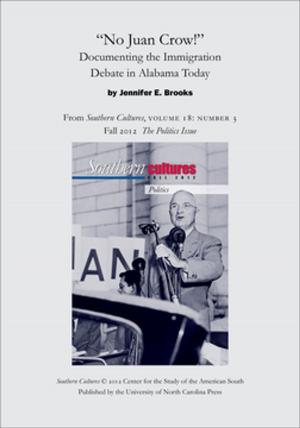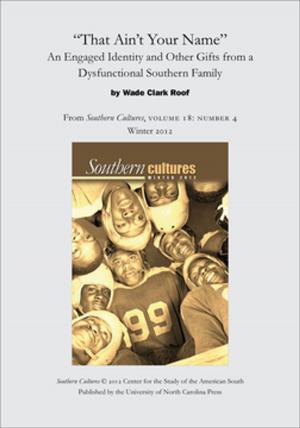Memphis and the Paradox of Place
Globalization in the American South
Business & Finance, Economics, Urban & Regional, Nonfiction, Social & Cultural Studies, Social Science, Sociology, Urban, Anthropology| Author: | Wanda Rushing | ISBN: | 9780807895610 |
| Publisher: | The University of North Carolina Press | Publication: | September 1, 2009 |
| Imprint: | The University of North Carolina Press | Language: | English |
| Author: | Wanda Rushing |
| ISBN: | 9780807895610 |
| Publisher: | The University of North Carolina Press |
| Publication: | September 1, 2009 |
| Imprint: | The University of North Carolina Press |
| Language: | English |
Celebrated as the home of the blues and the birthplace of rock and roll, Memphis, Tennessee, is where Elvis Presley, B. B. King, Johnny Cash, and other musical legends got their starts. It is also a place of conflict and tragedy--the site of Martin Luther King Jr.'s 1968 assassination--and a city typically marginalized by scholars and underestimated by its own residents. Using this iconic southern city as a case study, Wanda Rushing explores the significance of place in a globalizing age.
Challenging the view that globalization renders place generic or insignificant, Rushing argues that cultural and economic distinctiveness persists in part because of global processes, not in spite of them. Rushing weaves her analysis into stories about the history and global impact of blues music, the social and racial complexities of Cotton Carnival, and the global rise of FedEx, headquartered in Memphis. She portrays Memphis as a site of cultural creativity and global industry--a city whose traditions, complex past, and specific character have had an influence on culture worldwide.
Celebrated as the home of the blues and the birthplace of rock and roll, Memphis, Tennessee, is where Elvis Presley, B. B. King, Johnny Cash, and other musical legends got their starts. It is also a place of conflict and tragedy--the site of Martin Luther King Jr.'s 1968 assassination--and a city typically marginalized by scholars and underestimated by its own residents. Using this iconic southern city as a case study, Wanda Rushing explores the significance of place in a globalizing age.
Challenging the view that globalization renders place generic or insignificant, Rushing argues that cultural and economic distinctiveness persists in part because of global processes, not in spite of them. Rushing weaves her analysis into stories about the history and global impact of blues music, the social and racial complexities of Cotton Carnival, and the global rise of FedEx, headquartered in Memphis. She portrays Memphis as a site of cultural creativity and global industry--a city whose traditions, complex past, and specific character have had an influence on culture worldwide.















